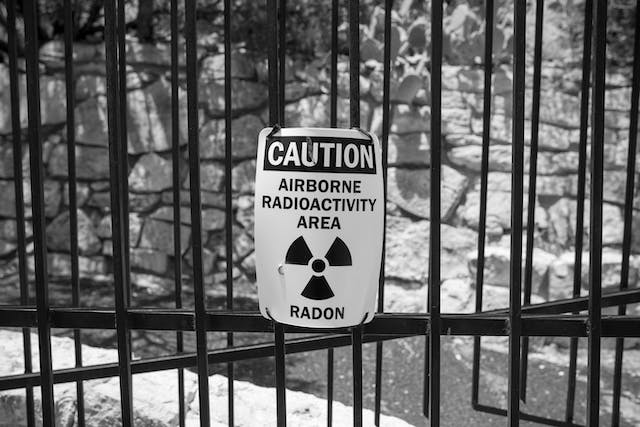Home » News » 2024 » January
News Brief
Jan. 24, 2024 |
By: Deborah Van Fleet - Public News Service
Blair, NE housing authority gets HUD grant for radon tests, mitigation

By Deborah Van Fleet - Public News Service
It's Radon Awareness Week and National Radon Action Month. Radon is a colorless, odorless radioactive gas which can build up inside buildings and is considered the second-leading cause of lung cancer. Thanks to a nearly $443,000 grant from the Department of Housing and Urban Development, public housing units in the town of Blair will receive radon testing and mitigation.
Kimberly O'Neill, executive director of the Blair Housing Authority, said the city is located within Nebraska's highest radon zone, and since different factors can impact test results, all 100 units will be mitigated.
"Depending on the time of the year that you test, and whether you do short or long tests, if you've got a unit that's closed up, or someone's in and out, if it's disturbed. So, just to be on the safe side," she explained.
The EPA says all buildings which test above four picocuries per liter of air (pCi/L) should be fixed, or mitigated. This usually involves installing a vent pipe system and fan. Blair Housing Authority was one of six in the country to receive a HUD grant, with $3 million dollars awarded, overall.
Radon is estimated to cause 21,000 lung cancer deaths a year. O'Neill said the Blair Housing Authority had done radon testing several years ago, and had units with the highest levels mitigated, and added this HUD grant allows them to complete the process.
"We're thankful that this grant is available for us to be able to do this because it is a costly process, and it is necessary to make our units just that much safer for the people that we serve. We're hoping that other people will see the value in looking into it at least," she said.
Nebraska's radon levels are 18th-highest in the country, averaging 5.2 pCi/L per liter, and over half the state's population lives in Zone 1, where radon levels are highest. Information about companies that may offer free radon test kits is available at local health departments.
![]()






